VIDEO Ericsson Demo 5G Mobile Broadband at Speeds of 5800Mbps
Telecoms giants Ericsson and Japanese operator NTT DOCOMO have taken their experimental 5G based Mobile Broadband technology a step forward by conducting one of the first live, over-the-air, demonstrations of the new service running at speeds of 5.8Gbps (Gigabits per second) using the 15GHz band of radio spectrum.
Readers might recall that Ericsson officially teamed up with NTT DOCOMO in May 2014 to develop their own standard for future 5G mobile communications (here), which once complete has promised to deliver speeds of more than 10000Mbps (10Gbps). But they’re by no means the only group attempting to develop a successor to 4G, with the likes of Samsung and Huawei (among others) also working on their own interpretation of a 5G standard.
The live demo itself, which was conducted at Ericsson’s lab in Kista (Sweden), is said to have been witnessed by “senior management” from both NTT DOCOMO and SK Telecom (although others like IDC Research Manager, Satya Atreyam, have also seen it). Thankfully Ericsson’s Project Manager, Mathias Riback, has also uploaded a video of the demo for everybody to see.
Unfortunately the details of precisely how the technology works are understandably still a little on the vague side, with talk of an “innovative new radio interface concept” and “advanced” use of Multiple-Input Multiple-Output (MIMO) technology.
Apparently new antenna technologies with wider bandwidths, higher frequencies and shorter transmission time intervals were also employed alongside new radio base stations. Small Cell technology is also expected to play a part in future tests.
Seizo Onoe, NTT DOCOMO’s Executive Vice President and CTO, said:
“5G promises significant performance enhancements to support future new applications that will impact both users and industry. To proceed with our joint project on 5G field trial further, we are very glad about Ericsson’s success in demonstrating the real potential of 5G radio access technologies at this early stage.”
It’s important to stress that a lab demo conducted at close proximity, and in isolation, is considerably different from a field trial where the service and its signal would be tested over a significantly wider range and become susceptible to all the usual problems, such as environmental interference.
Lest we not also forget that the top speeds stated above also represent shared capacity, which means that the average real-world speeds would be considerable lower (especially during peak periods). How low can also depend upon the operator’s contention ratio and the need for a good backhaul capacity link in order to deliver the needed bandwidth to their masts.
In addition to that the 4G (LTE-Advanced) standard allows for speeds of greater than 1Gbps but most current Smartphones and other devices have yet to develop commercial chipsets that can handle such performance and 5G will face a similar hurdle, which means that in all likelihood it will take some years to mature towards its top capability.
One other remark worth making is that a test conducted at 15GHz is all very well but national mobile operators will need to fit the connectivity into much smaller bands, such as 700MHz, 2.3GHz and or 3.4-3.6GHz. Ericsson’s technology, like the methods being developed by their rivals, is designed to be scalable but the price of seeing better and more affordable coverage via lower frequencies is usually a loss of total capacity.
In any case nearly everybody predicts that it will take until 2018 at the earliest (2020 is more likely) to fully develop 5G and free up the necessary radio spectrum before it can be deployed. Ofcom are currently working on the regulatory side of things (here).
Mark is a professional technology writer, IT consultant and computer engineer from Dorset (England), he also founded ISPreview in 1999 and enjoys analysing the latest telecoms and broadband developments. Find me on X (Twitter), Mastodon, Facebook and Linkedin.
« UK ISP TalkTalk Coughs to Censorship of Political Blogger Guido Fawkes
Latest UK ISP News
- FTTP (5508)
- BT (3513)
- Politics (2535)
- Openreach (2296)
- Business (2260)
- Building Digital UK (2243)
- FTTC (2042)
- Mobile Broadband (1971)
- Statistics (1787)
- 4G (1662)
- Virgin Media (1617)
- Ofcom Regulation (1459)
- Fibre Optic (1393)
- Wireless Internet (1389)
- FTTH (1381)

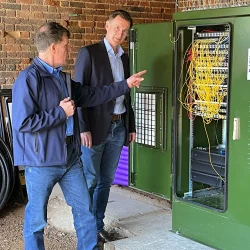
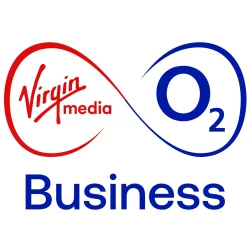
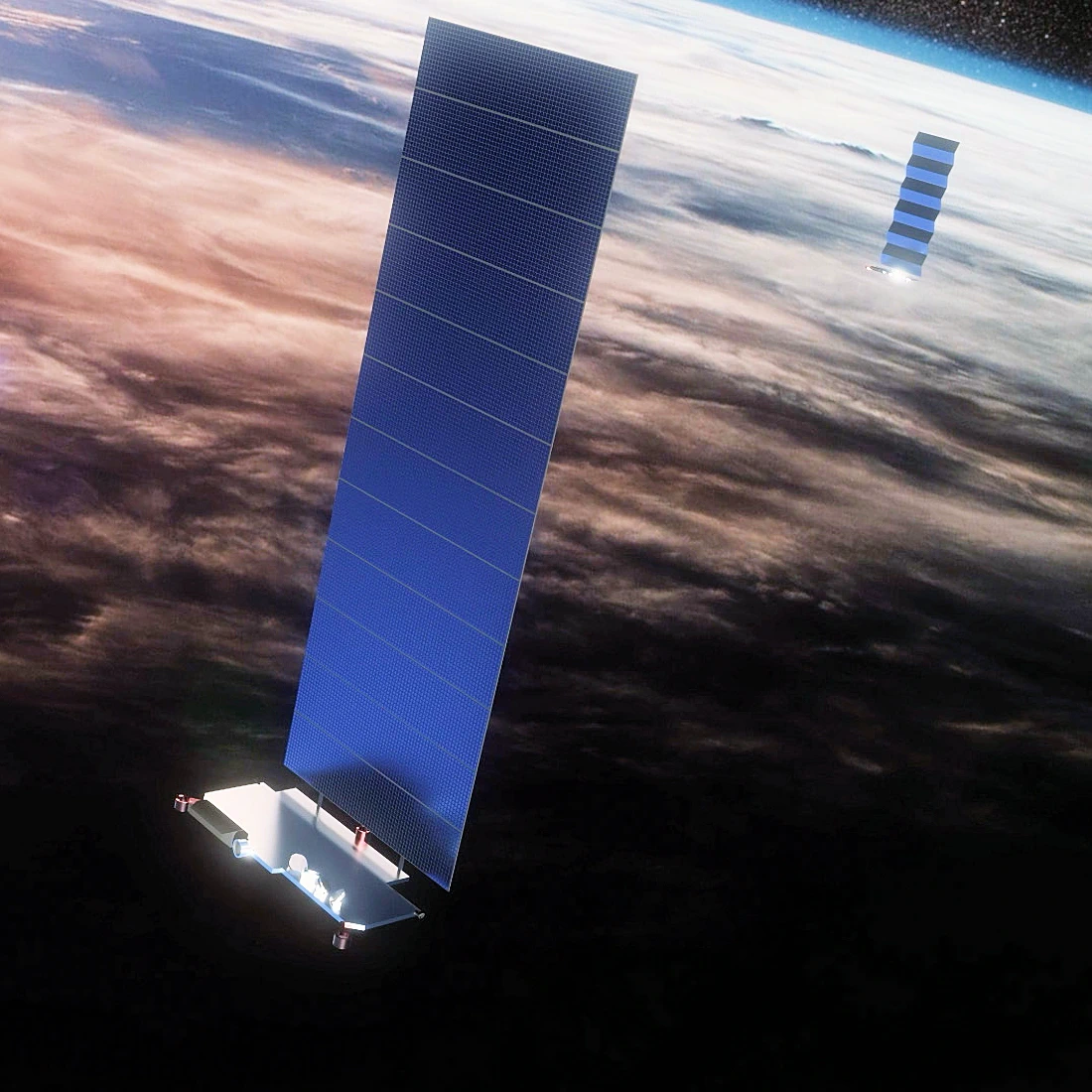

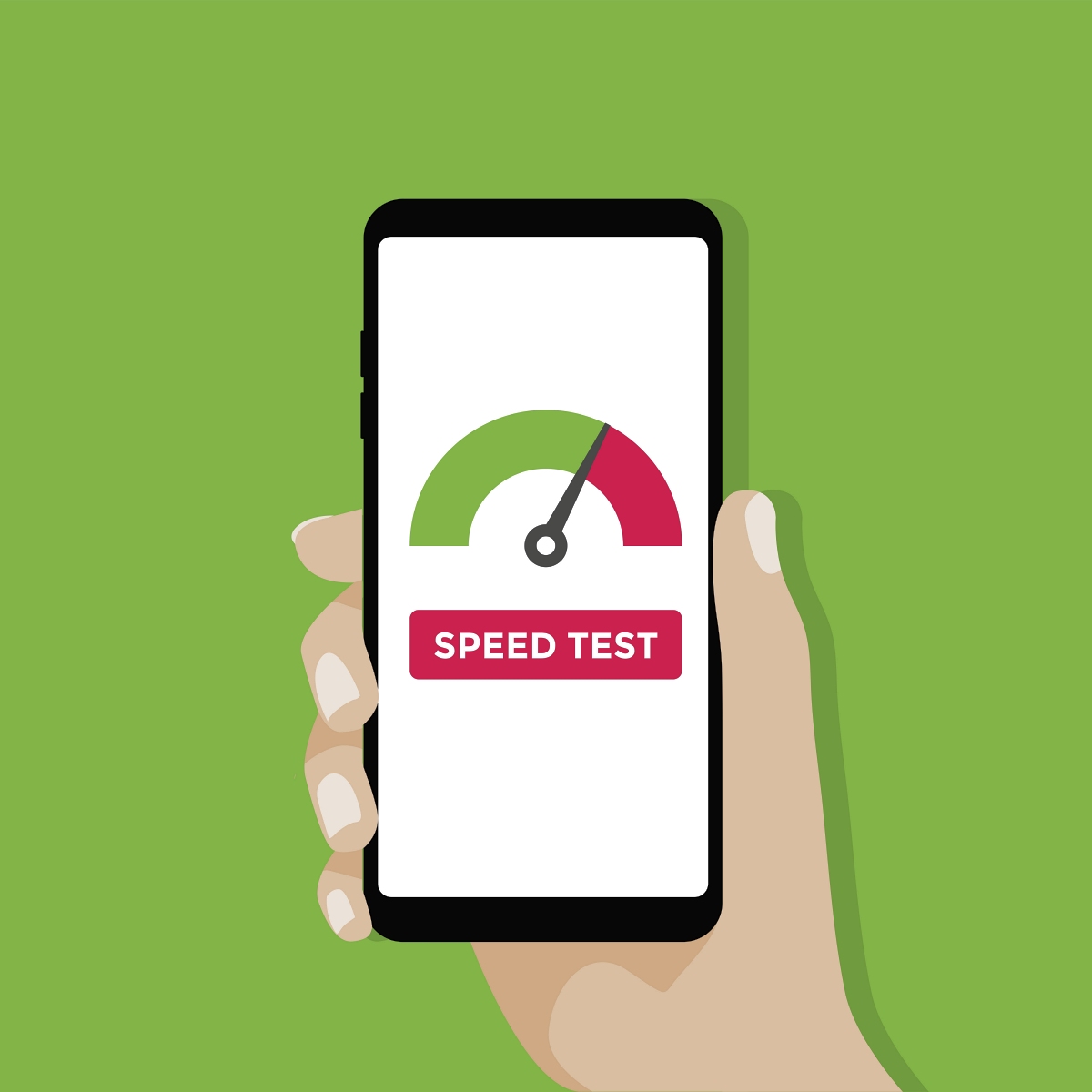



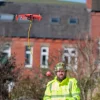








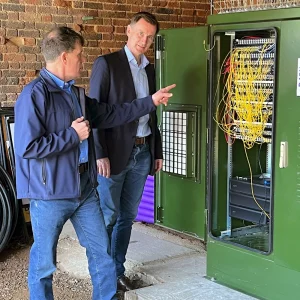
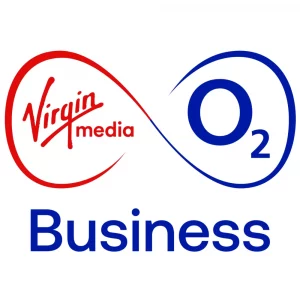
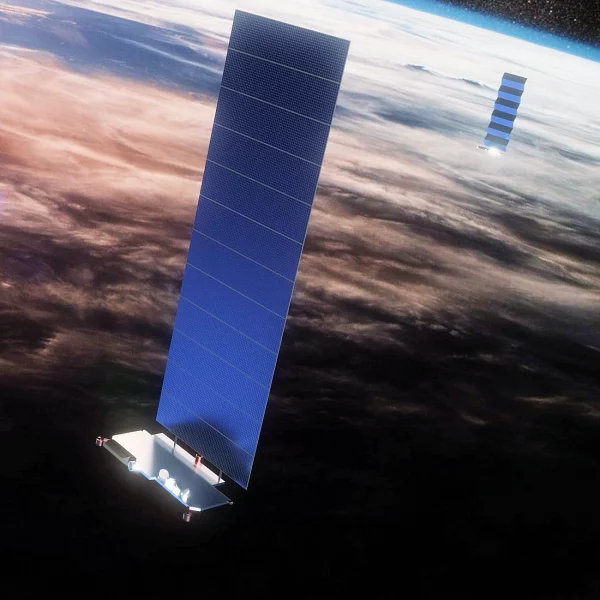
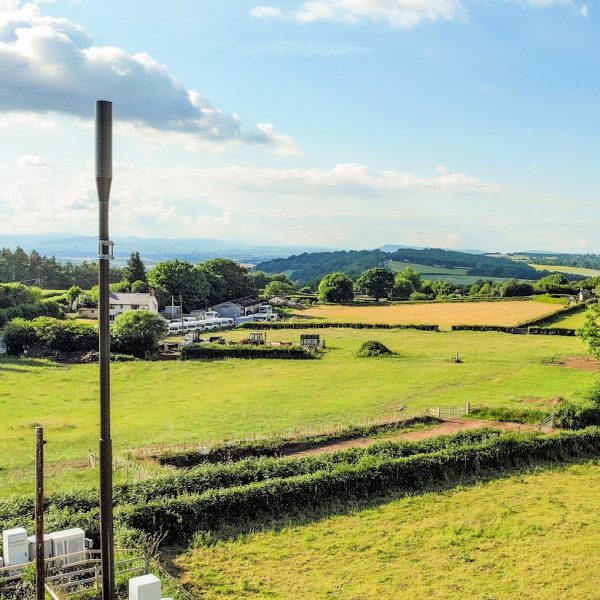


































Comments are closed